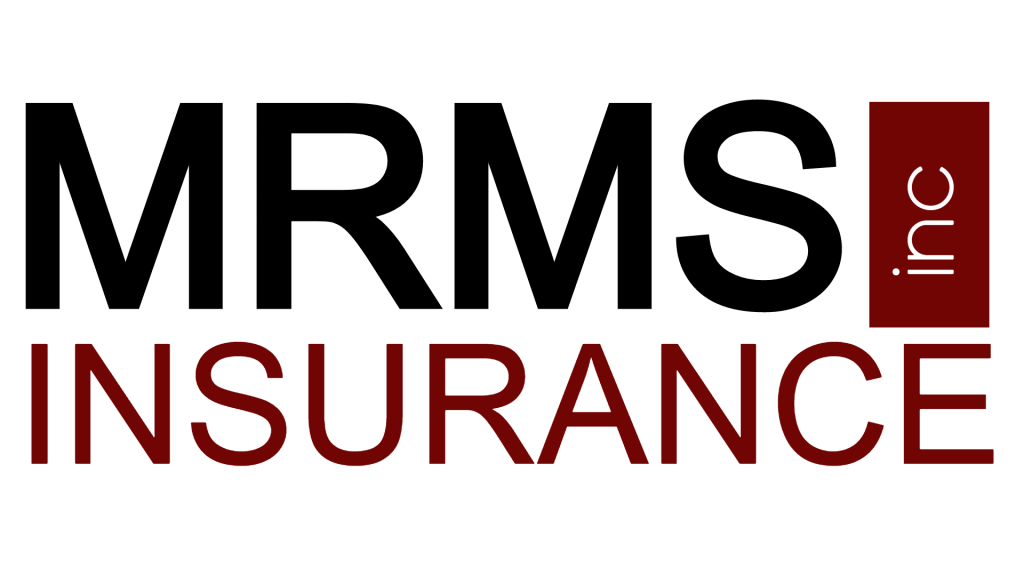Guidelines for Mini-Meds
He had a stroke; 48 years old and a piece a plaque broke off from a build-up of plaque in his carotid artery and ended up clogging off blood flow in part of his brain. Two months later he had a stent placed in his carotid artery. Fortunately, he has recovered with only small residual physical effects.
However, he incurred about $85,000 due to the stroke and another $55,000 for the placement of the stent. His insurance coverage is though a company that professes to sell affordable health insurance to the self employed. They sold him a “Basic Hospital Medical Surgical” policy also called “a Mini-Med”. This policy paid a total of less than $20,000 for these $140,000 in medical expenses. How could this be?
This policy pays benefits based on a schedule (a named dollar amount for specific services). $600 a day for a hospital room, Up to $6,000 for a surgical procedure and up to $8,000 in miscellaneous expenses incurred in a hospital. Well, this policy paid $600 a day for the three day stay and $1200 for a day in intensive care (the charge was $31,119). In addition only paid $8,000 for the nearly $60,000 in miscellaneous expenses incurred.
The question becomes: how can a person, under age 65, know what to look for when buying health insurance? First, look for a reputable insurance agency and insurance company. While this does not guarantee the purchase of a quality insurance product, it certainly helps.
If you are considering the purchase of health insurance, read the “outline of coverage” for a description of benefits. The insurance contract written about in this column is titled “Basic Hospital Medical Surgical” policy in the outline of coverage. The first tip is that the term “Basic” is in the title of the policy. That usually means that the policy has “schedules” (limits) set up for different types of services. The schedules, especially the $8,000 maximum on miscellaneous expenses, are where this person ran into limited benefits and therefore high out of pocket financial exposure.
The outline of coverage also lists limitations and exclusions. Limitations could include no coverage for a time period for pre-existing conditions (conditions you currently have) or waiting times for such conditions as hernias. Exclusions are what is not covered. All insurance contracts have a written description of their benefits, limitations and exclusions. This information should be read and thoroughly understood before buying insurance.
If “Basic Hospital” policies are best to stay away from, what types of plans should be considered. While everyone’s situation is different, look for plans that state they cover ”major” medical expenses. Even if these plans have a higher deductible, they should contain a “stoploss” or maximum that you would pay for covered expenses.
You can contact the Illinois Department of Insurance for the numbers of complaints filed against an insurance company or if an agent has complaints or has been fined for violations.




















